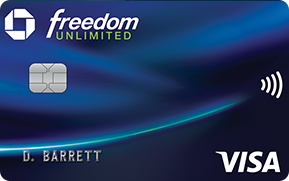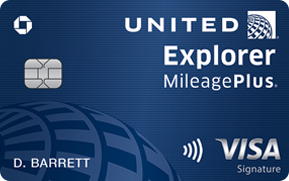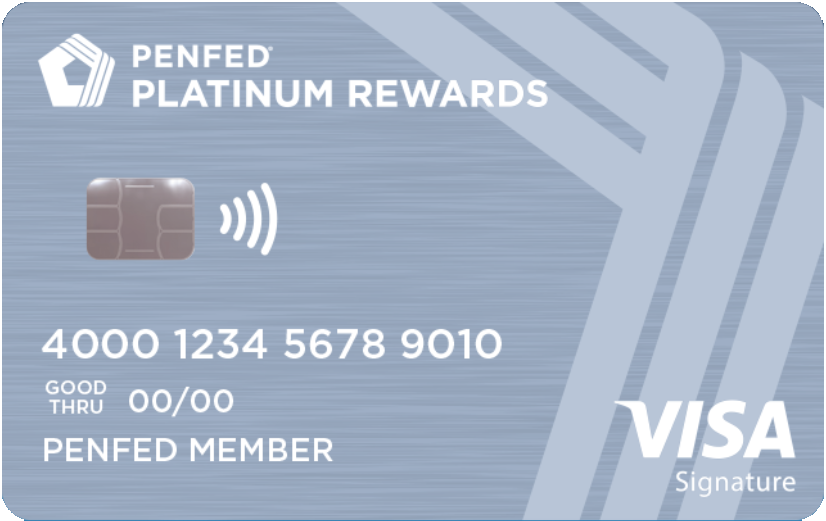- « Previous
-
- 1
- 2
- Next »
- Mark as New
- Bookmark
- Subscribe
- Mute
- Subscribe to RSS Feed
- Permalink
- Report Inappropriate Content
Re: Should I care about my FICO resilience Index?
@disdreamin wrote:So is the trick having very few cards or what?
According to my two red flags for high installment loan amounts due and high installment loan balances (I am at 78 right now and have always been in the "very sensitive" category) the only way I can reduce my risk is by selling the house with hundreds of thousands of dollars in equity and renting for at least $3000 more a month than my mortgage payment. ![]()
- Mark as New
- Bookmark
- Subscribe
- Mute
- Subscribe to RSS Feed
- Permalink
- Report Inappropriate Content
Re: Should I care about my FICO resilience Index?
@K-in-Boston wrote:
@disdreamin wrote:So is the trick having very few cards or what?
According to my two red flags for high installment loan amounts due and high installment loan balances (I am at 78 right now and have always been in the "very sensitive" category) the only way I can reduce my risk is by selling the house with hundreds of thousands of dollars in equity and renting for at least $3000 more a month than my mortgage payment.
So it's basically a lesson in how to improve your credit but tank your finances? Nice ![]()
- Mark as New
- Bookmark
- Subscribe
- Mute
- Subscribe to RSS Feed
- Permalink
- Report Inappropriate Content
Re: Should I care about my FICO resilience Index?
@disdreamin wrote:
@Horseshoez wrote:
@disdreamin wrote:
Personally, it doesn't seem like a very accurate indicator of risk.
It would be great to hear from someone with a high resilience index and learn what their profile looks like.[Scratch that, I just did some light reading from the link provided upthread] For me, it feels a bit like throwing darts at a board without personal (and possibly household) income as a factor.I know you've scratched that, however, I can provide a few datapoints if you'd like. Prior to my Chapter 13 dropping off my reports my Resiliance score was a surprising (to me) 44; once my bankruptcy fell off, the score dropped to an even more surprising 34.
So is the trick having very few cards or what? I have six cards, one being a Target RedCard so store card. All are PIF (just added this info to the original post I'd made). I'm trying to figure out what they think is risky about my profile. I do wonder if doing AZEO would help with this, as I'm not careful about letting balances report at all. Last month I think my cards showed something like $3k balances across all cards but that is well under 10% overall utilization and it doesn't seem to impact my credit scores at all.
Not sure about the number or types of cards one has; I just like to keep things simple, and by that I mean, only a few cards.
Regarding AZEO, I do not practice it; I pay all of my cards off before the due date, some charges typically show up between my payment and the statement cut date, so whether that equates to AZ, AZEO, or AZET (All Zero Except Two or Three) for any given month is a crap shoot; regardless, the only time my scores seem to react is if I happen to hit AZ (happened once in the last year).
Other datapoints:
- I have a moderately high income
- I have no automobile loans
- I have no mortgage loans
- I do have a small SSL
Chapter 13:
- Burned: AMEX, Chase, Citi, Wells Fargo, and South County Bank (now Bank of Southern California)
- Filed: 26-Feb-2015
- MoC: 01-Mar-2015
- 1st Payment (posted): 23-Mar-2015
- Last Payment (posted): 07-Feb-2020
- Discharged: 04-Mar-2020
- Closed: 23-Jun-2020
I categorically refuse to do AZEO!





In the proverbial sock drawer:



- Mark as New
- Bookmark
- Subscribe
- Mute
- Subscribe to RSS Feed
- Permalink
- Report Inappropriate Content
Re: Should I care about my FICO resilience Index?
@disdreamin wrote:
@K-in-Boston wrote:
@disdreamin wrote:So is the trick having very few cards or what?
According to my two red flags for high installment loan amounts due and high installment loan balances (I am at 78 right now and have always been in the "very sensitive" category) the only way I can reduce my risk is by selling the house with hundreds of thousands of dollars in equity and renting for at least $3000 more a month than my mortgage payment.
So it's basically a lesson in how to improve your credit but tank your finances? Nice
As you will see quoted around here a lot, "Finances over FICO".
Chapter 13:
- Burned: AMEX, Chase, Citi, Wells Fargo, and South County Bank (now Bank of Southern California)
- Filed: 26-Feb-2015
- MoC: 01-Mar-2015
- 1st Payment (posted): 23-Mar-2015
- Last Payment (posted): 07-Feb-2020
- Discharged: 04-Mar-2020
- Closed: 23-Jun-2020
I categorically refuse to do AZEO!





In the proverbial sock drawer:



- Mark as New
- Bookmark
- Subscribe
- Mute
- Subscribe to RSS Feed
- Permalink
- Report Inappropriate Content
Re: Should I care about my FICO resilience Index?
...and arguably tank my FICOs by losing an open mortgage account in order to improve my resiliency score (and probably VS 3.0 as well).
- Mark as New
- Bookmark
- Subscribe
- Mute
- Subscribe to RSS Feed
- Permalink
- Report Inappropriate Content
Re: Should I care about my FICO resilience Index?
@K-in-Boston wrote:...and arguably tank my FICOs by losing an open mortgage account in order to improve my resiliency score (and probably VS 3.0 as well).
I have no open mortgage and a single auto loan for $4.9k out of $8k original loan amount. Everything else is cc which are always PIF. That resilency thing still sees me a mildly spicy.
- « Previous
-
- 1
- 2
- Next »